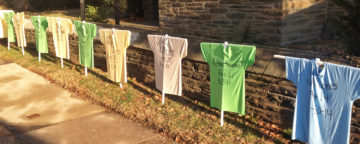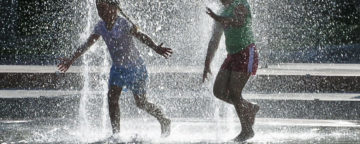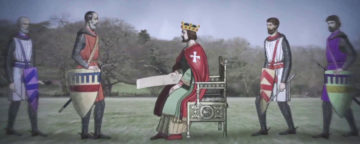FactCheck.org announced that its SciCheck initiative has received funding from the Stanton Foundation to continue fact-checking science-based political claims through the 2016 campaign.


FactCheck.org announced that its SciCheck initiative has received funding from the Stanton Foundation to continue fact-checking science-based political claims through the 2016 campaign.

In partnership with FactCheck.org and others, the Internet Archive has launched the Political TV Ad Archive to help journalists, researchers and the public understand the use of political ads in the 2016 elections.

Yale University law and psychology professor Dan Kahan, and the former top news executive at WHYY/NewsWorks, Chris Satullo, have joined the policy center for the spring semester.

Gun violence involving young people is a national problem that deserves greater attention and study, a group of national experts in violence said in a paper published in American Psychologist.

The Annenberg Public Policy Center has been awarded a grant from the Robert Wood Johnson Foundation to identify a “Culture of Health” portrayed on popular TV shows. Studies will include Spanish-language shows.

The Annenberg Classroom documentaries “Habeas Corpus: The Guantanamo Cases” and "Magna Carta," both released in September for Constitution Day, have been awarded prizes for excellence.

Hundreds of fourth- and fifth-grade Philadelphia-area students showed off their impressive knowledge of the Fourth Amendment's prohibition on unreasonable search and seizure at the Rendell Center's Citizenship Challenge.

A study using a real-world approach to evaluate graphic warning labels on cigarette packs has found that the emotionally engaging images are more successful than simple text warnings at educating smokers about the risks of smoking.

Former Pennsylvania Gov. Edward G. Rendell and Judge Marjorie Rendell, co-founders of the Rendell Center for Civics and Civic Engagement, received the Pennsylvania Society's Gold Medal for Distinguished Achievement.

In light of the historic climate deal made at the United Nations' Conference of the Parties in Paris, FactCheck.org has compiled a recap of misleading and false claims about climate change that were investigated in 2014-2015.